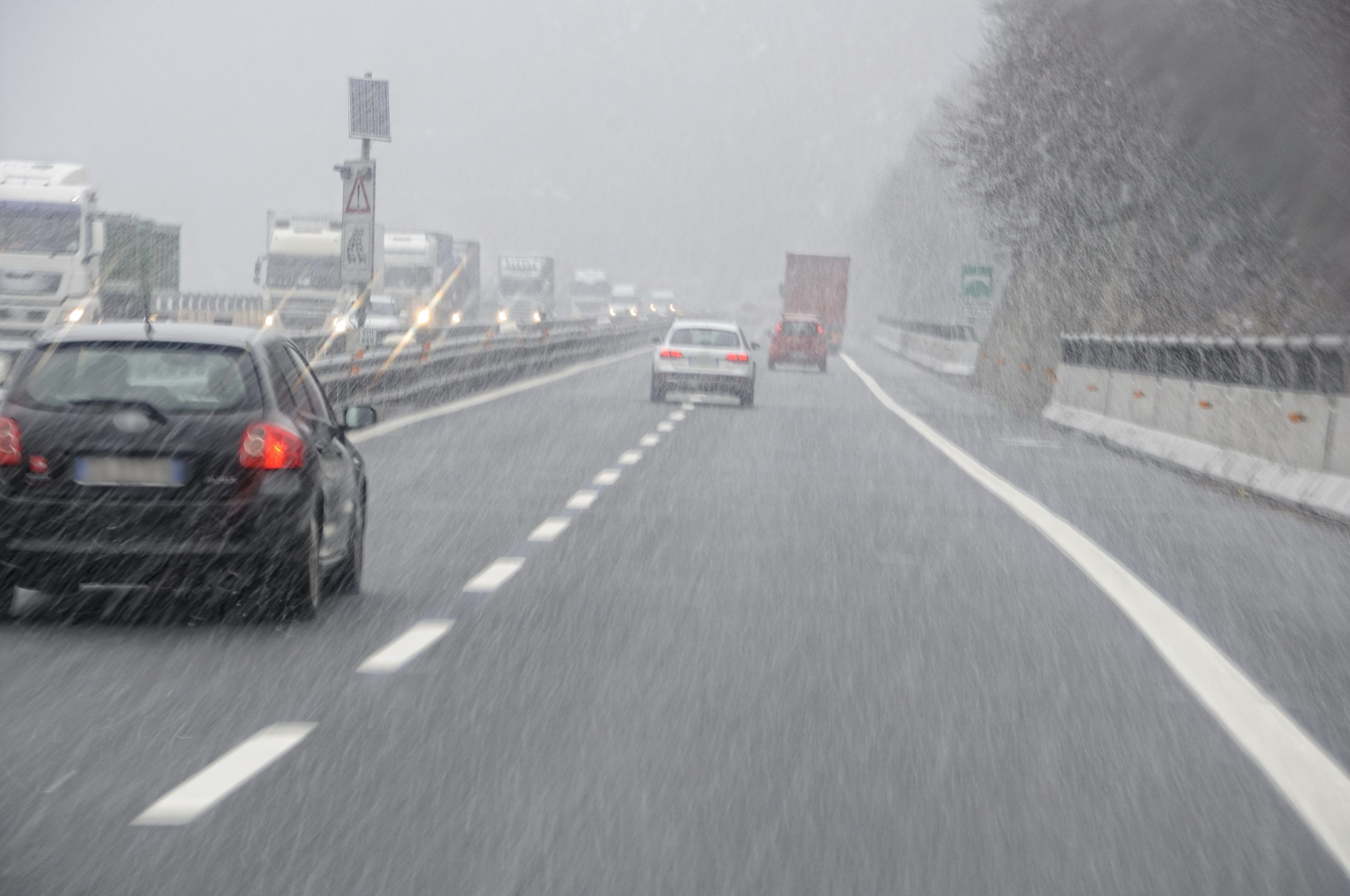How To Avoid Car Accidents In Bad Weather
 While car crashes can happen just about any time, the risk of being involved in a collision significantly increases in bad weather. In fact, bad weather conditions are notorious for causing devastating car accidents throughout Western New York. Heavy rain, intense snowfall, poor visibility, and slick roads can all easily cause you to lose control of your vehicle. Driving in poor weather conditions is even more dangerous when drivers fail to take proper safety precautions to prevent unnecessary accidents.
While car crashes can happen just about any time, the risk of being involved in a collision significantly increases in bad weather. In fact, bad weather conditions are notorious for causing devastating car accidents throughout Western New York. Heavy rain, intense snowfall, poor visibility, and slick roads can all easily cause you to lose control of your vehicle. Driving in poor weather conditions is even more dangerous when drivers fail to take proper safety precautions to prevent unnecessary accidents.
Safety Tips For Avoiding Inclement Weather-Related Crashes
All motorists have a legal duty to exercise reasonable care while driving in unfavorable weather conditions, which includes taking the appropriate safety precautions and driving more cautiously. Below, the Dietrich Law Firm P.C.’s battle-tested lawyers have listed the best practices to minimize your risk of being involved in a bad-weather car accident:
- Check the Weather Forecast: In severe bad weather conditions, only drive when absolutely necessary.
- Maintain Your Vehicle: We recommend keeping up with routine maintenance, such as inspecting and rotating your tires, checking the windshield wipers, and changing the oil.
- Always Wear Your Seatbelt: If you get into a crash, wearing your seatbelt will help minimize your injuries and keep you from becoming another statistic.
- Remain Vigilant: Keep your eyes on the road at all times and look out for any oncoming cars. Also, watch out for stranded vehicles and pedestrians on the side of the road.
- Adjust Your Speed Accordingly: Driving fast on icy or wet roads commonly results in hydroplaning, which can make it nearly impossible to stop. However, driving too slowly can create a hazard for other drivers. Thus, it is critical to adjust your speed accordingly.
- Maintain Your Distance: Longer stopping distances are naturally required when driving in bad weather conditions. Thus, following other vehicles too closely or tailgating will not give you enough time or distance to react.
- Avoid Slamming on Your Brakes: If you hit an unexpected slippery patch in the road, instead of slamming on the brakes, take your foot off of the gas pedal. Trying to stop abruptly can cause your tires to lose traction and may result in a rear-end collision if the driver behind you is caught off-guard.
- Turn on Your Lights: Driving with your headlights on will make your car more visible so that other motorists are more likely to notice you in low visibility conditions.
We trust that our above safety precautions will reduce your risks next time you are driving in bad weather. Unfortunately, even the most careful drivers can find themselves the victims of accidents, as some bad weather collisions are simply unavoidable. You owe it to yourself to retain Jed Dietrich, Esq. The Dietrich Law Firm P.C. is here to provide you with the representation that you deserve. Please schedule your no-obligation, free consultation, and case evaluation today by calling 716-839-3939.
 Buffalo Personal Injury Lawyer News
Buffalo Personal Injury Lawyer News

